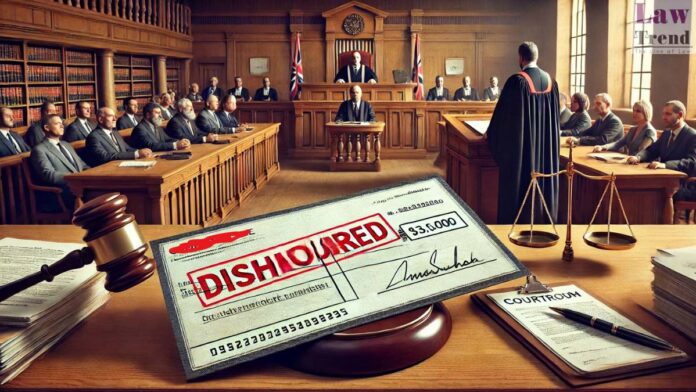The Delhi High Court has reaffirmed that in cases of cheque dishonour involving sole proprietorship firms, only the sole proprietor can be held liable under Section 138 of the Negotiable Instruments Act, 1881 (NI Act). The court, in a judgment delivered by Justice Subramonium Prasad, quashed the summoning order issued against Sanat Kumar, one of
To Read More Please Subscribe to VIP Membership for Unlimited Access to All the Articles, Download Available Copies of Judgments/Order, Acess to Central/State Bare Acts, Advertisement Free Content, Access to More than 4000 Legal Drafts( Readymade Editable Formats of Suits, Petitions, Writs, Legal Notices, Divorce Petitions, 138 Notices, Bail Applications etc.) in Hindi and English.




